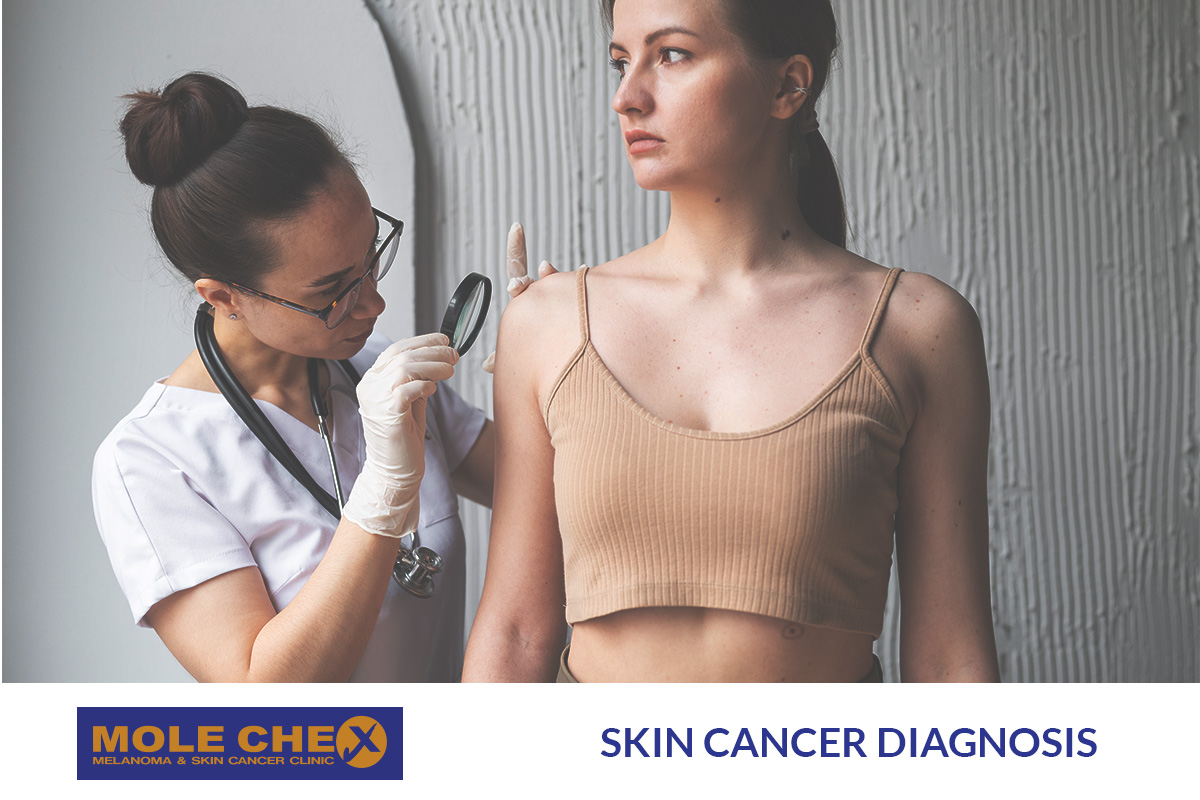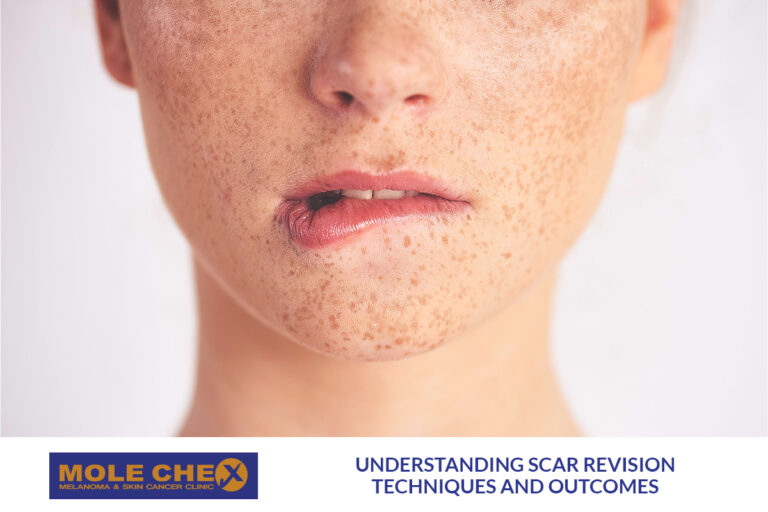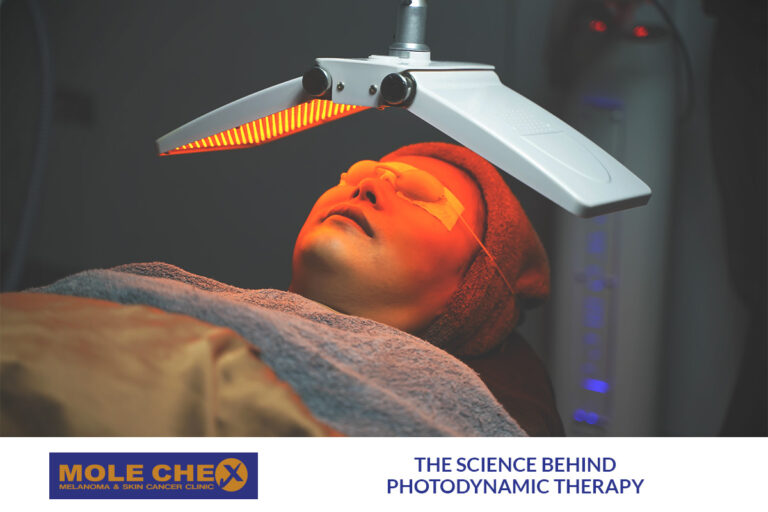The Role of Skin Doctors in Skin Cancer Detection and Treatment

Australia’s beautiful climate and outdoor lifestyle are cherished by many, but they also bring a higher risk of skin cancer. Skin cancer is the most common cancer in Australia, with over 11,500 people diagnosed every year. Australia has one of the highest rates of skin cancer in the world. About two in three Australians will be diagnosed with some form of skin cancer before the age of 70. (Source: Australian Institute of Health and Welfare (AIHW), Skin Cancer in Australia, AIHW, Canberra, 2016) In this sunny paradise, skin doctors play a crucial role in skin cancer detection and treatment. As much as we want to talk about skin care, talking about skin cancers is as important as skincare.
In this article, we will delve into the significant role of skin doctors in identifying skin cancers early, providing effective treatment, and promoting skin health. We will explore the importance of regular skin checks, discuss the various types of skin cancers, and shed light on the advanced treatments available. Understanding the role of these medical professionals is essential in the fight against skin cancer.
The Alarming Prevalence of Skin Cancer in Australia
Australia is often referred to as the “Skin Cancer Capital of the World” due to its high rates of skin cancer, and for a good reason. Skin cancers are primarily caused by exposure to harmful ultraviolet (UV) radiation from the sun. While enjoying the outdoors is a national pastime, it’s important to understand the risks associated with sun exposure. The harsh Australian sun can cause severe skin damage, and a single bad sunburn during childhood can significantly increase the risk of skin cancer later in life.
Moreover Skin cancer comes in various forms, with the most common types being basal cell carcinoma (BCC), squamous cell carcinoma (SCC), and melanoma. Especially, the Australian sun contributes to an alarming number of these cases. The good news is that most skin cancers are curable if detected early, which is where skin doctors come into play.
The Role of Skin Doctors in Skin Cancer Detection
- Regular Skin Checks: Skin doctors, also known as dermatologists, are specialists in diagnosing and treating skin conditions, including skin cancers. They play a vital role in skin cancer detection through regular skin checks. Dermatologists have the expertise to identify suspicious moles or skin lesions that may be early signs of skin cancer. They often recommend yearly skin checks for individuals at higher risk, such as those with a family history of skin cancer or extensive sun exposure.
- Advanced Screening Tools: Dermatologists utilize advanced screening tools such as dermoscopy, which magnifies the skin’s surface to provide a more detailed examination. This enables them to distinguish between benign moles and potentially cancerous growths accurately.
- Biopsies and Pathology: If a dermatologist detects a suspicious lesion, they may perform a skin biopsy to confirm whether it is cancerous or not. The biopsy is sent to a pathology lab for analysis. The expertise of skin doctors ensures that the biopsy is taken correctly and that the results are accurate.
The Importance of Early Detection
Likewise, Detecting skin cancer at an early stage is crucial for effective treatment. Skin doctors does get training to to recognize subtle signs of skin cancer that may go unnoticed by the untrained eye. In case of early signs of skin cancer, the treatment is less invasive, and the chances of a full recovery are significantly higher. The role of dermatologists in early detection cannot be overstated, as it can save lives.
Types of Skin Cancers and Treatment
- Basal Cell Carcinoma (BCC): First, The BCC is the most common form of skin cancer, making up about 70% of all cases. It typically appears as a pearly bump, often with visible blood vessels. BCC tends to grow slowly and is less likely to spread to other parts of the body. Treatment usually involves surgical excision, cryotherapy (freezing), or other specialized techniques. Dermatologists can recommend the most suitable treatment method based on the patient’s specific condition.
- Squamous Cell Carcinoma (SCC): SCC is the second most common skin cancer. It often appears as a red, scaly patch or a rapidly growing lump. Early detection is vital as SCC can spread to other parts of the body. Treatment may include surgical removal, cryotherapy, or other procedures.
- Melanoma: While melanoma is less common than BCC or SCC, it is the most aggressive form of skin cancer. Skin doctors does have experience in diagnosing melanoma. They help evaluating moles or pigmented lesions for the ABCDE criteria: Asymmetry, Border irregularity, Color variation, Diameter larger than 6mm, and Evolution (changes over time). Early detection is crucial for melanoma, and dermatologists are instrumental in achieving this.
- Advanced Treatment Options: In cases where skin cancer has progressed or is in a challenging location, dermatologists may recommend advanced treatment options. These include Mohs surgery, radiation therapy, immunotherapy, and targeted therapy. The choice of treatment depends on the type and stage of skin cancer, and dermatologists are experts in making these assessments.
Is Skin Cancer Preventable?
Generally, normal question is, is it preventable? While skin cancer is a prevalent concern in Australia, it is largely preventable with the right precautions. Dermatologists emphasize the importance of sun safety measures. These include:
- Sunscreen: Regular use of broad-spectrum sunscreen with a high SPF rating can protect your skin from harmful UV radiation.
- Protective Clothing: Wearing long-sleeved shirts, wide-brimmed hats, and sunglasses can shield your skin from the sun’s rays.
- Seeking Shade: Avoiding direct sunlight during peak UV hours (10 am to 4 pm) helps reduce exposure.
- Regular Self-Examination: Performing self-skin checks at home and looking for any changes in moles or skin lesions is an excellent habit to adopt.
- Regular Professional Skin Checks: General recommendation is to have annual skin checks booked to dermatologists or skin doctors. Especially it is equally important for individuals at higher risk to do it more often in order to detect suspicious skin spots.
Conclusion
Finally, let’s end this article with what we learned. The role of skin doctors in skin cancer detection and treatment is indispensable. Their expertise in recognizing the early signs of skin cancer, utilizing advanced screening tools, and determining the most appropriate treatments plays a pivotal role in the fight against skin cancer. With the alarming prevalence of skin cancer in Australia, prioritizing skin health and regular skin checks is not just advisable but essential. Remember that, early detection can save lives, and dermatologists are the unsung heroes in this battle against skin cancer. A great fact shee is available at Cancer council website under : Cancer Information Fact Sheet
Still interested? Read other articles :



